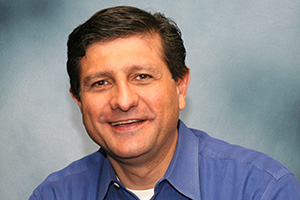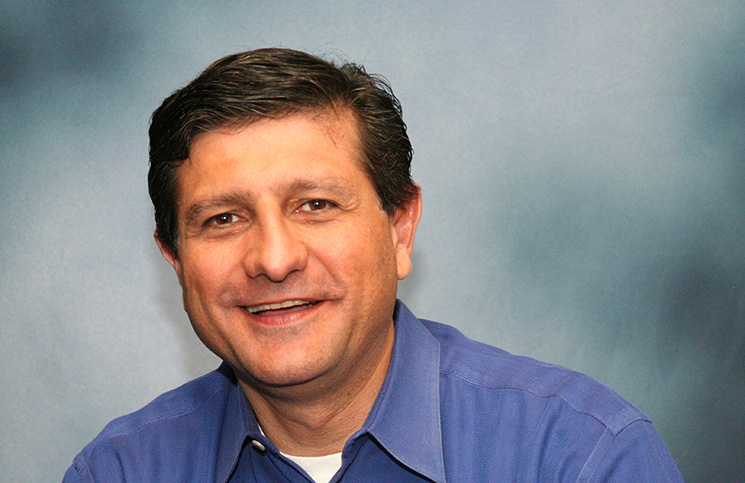My dad was the greatest salesman in the world. And I am not exaggerating much. A street kid who grew up in the Bronx with a gambling, good-time- Charlie of a dad who abandoned his mother and him, he rose up to be a successful businessman. That afforded him the ability at my mother’s coaxing to send his kids to prep school and live a comfortable, upper-middle-class life in family-friendly Phoenix far from the mean streets he grew up in.
How did he do it? By consistently helping his customers buy what they needed and selling it to them fairly for almost 50 years.

Even as a small child I remember him taking me on sales calls and watching his customers gush over how much they appreciated him while they gave him the order. It was as if he was doing them a favor and they were obliged to buy in thanks. When I became a consumer in my own right later in life I remember how shocked and dismayed I was to find other salespeople were not always like my dad, as some were more concerned with selling than helping.
Now my dad certainly wasn’t staying up at night worrying about his customers’ happiness like some patron saint of altruism. But he was always trying to figure out what they needed and fulfilling that need in a fair and respectful manner. It’s what made him a “good” salesman and successful.
I use the word good in quotes not just to mean successful but to mean morally responsible. He wanted to do right by his customers. And he was rewarded for that moral responsibility with the sale.
I recall this facet of my father because we are at a bit of a crossroads in America when it comes to money and how to make it.
It seems as if we face two possible futures in America — one of unfettered, greedy capitalism fostered by a philosophy of maximizing profit at the expense of consumers. Think of the pharmaceutical barons who made the news lately for hiking the prices of drugs in total disregard for the plight of desperate patients who couldn’t afford them.
Or on the other side of the coin, we face the newly popular socialistic call for government to ensure, and control, fairness and equitability by taking power away from private business.
One route surely leads to a morally bankrupt and callous society in which only the strong and devious survive at the expense of others. But the other leads to an equally morally bankrupt society in which a few select deciders in government take the responsibility and the right of individuals to love and respect their fellow man and woman away, leaving us morally handicapped and at the whims of the chosen few who lead.
[pull_quote_center]But prompted by my father, I am inclined to consider what I suggest is a more Catholic view of a nation where we are free AND morally obliged and eager to earn our keep by giving others something they need. And by getting something we need in return. That also means realizing sometimes others need a helping hand by the way.[/pull_quote_center]
Now luckily there are more than a few captains of industry who realize this and even more who are beginning to realize it.
Just the other day Sir Richard Branson posted a few relevant words on his website stating: “From the day I took my first steps as an entrepreneur, I’ve felt that the only mission worth pursuing in business is to make people’s lives better.”
Branson branded himself and his companies around serving the needs of customers and of the global community. But you don’t have to be a titan of industry to do so.
I am only a writer conceiving ideas on a page in a paper that many of you might read and forget about tomorrow. But hopefully in the back of your mind you will remember some of this sentiment and consider incorporating it into your life and livelihood.
Because as the Beatles once said, “And in the end, the love you take is equal to the love you make.”
Bet you never thought that could be a viable economic mantra or the basis of a Catholic column.





![[VIDEO] Make Sunday feel like Sunday again](https://www.catholicsun.org/wp-content/uploads/2021/04/2021-YOUTUBE-BISHOP-MESSAGE-THUMBNAIL-ENGLISH-218x150.png)

